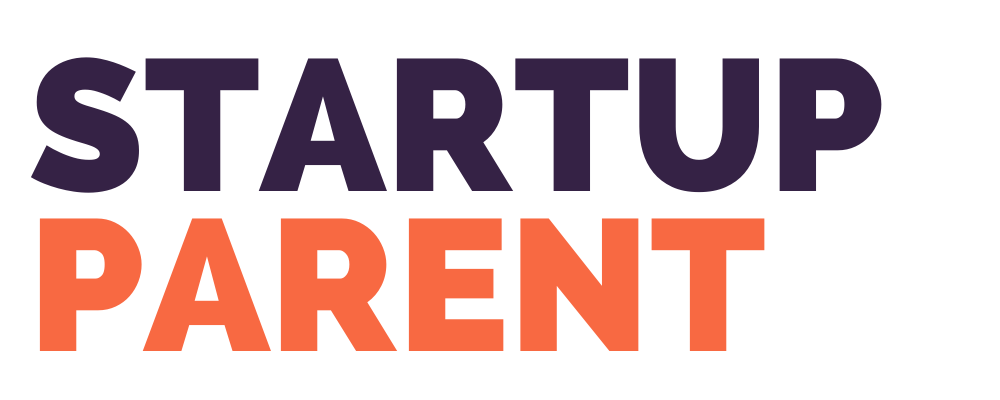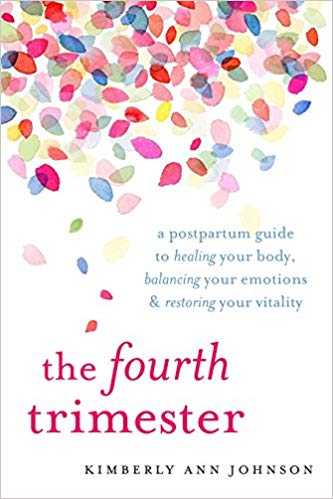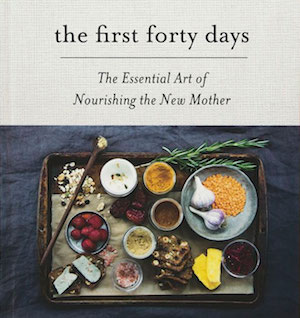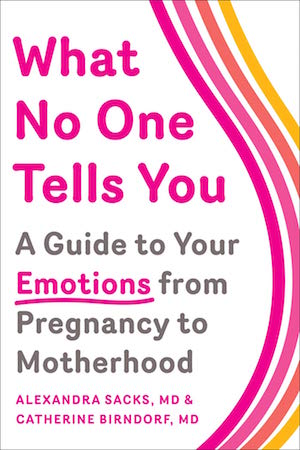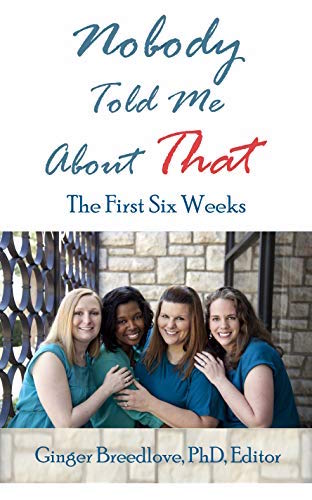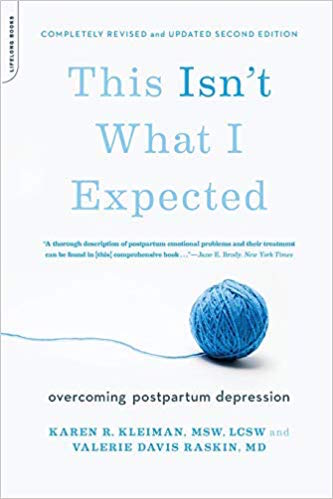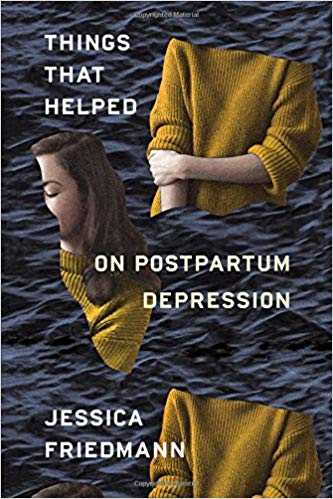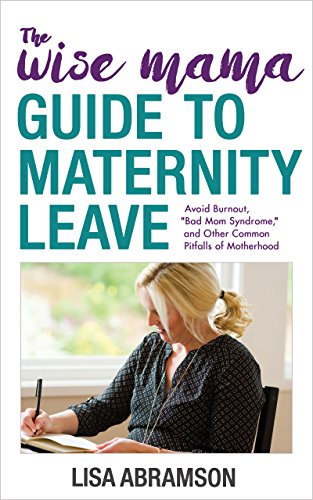READING LISTS
Sometimes the right book at the right time makes all the difference.
This is our library of recommended books to read if you're navigating your health, body, pregnancy, or the early days of parenting. In addition, I've got a round-up of my favorite books on business, entrepreneurship, marketing and leadership. Over the past decade, I've read hundreds of books and some of them are stand-out winners for business and parenting support. Good books, crafted with love and effort by authors who take years to pour wisdom into their pages, can be life-changing. Take a look through our recommendations by category, below!
POSTPARTUM: BOOK RECOMMENDATIONS
If you’re pregnant and you need somewhere to start, these are the books that helped get me (and thousands of other women) through pregnancy, postpartum, and more.
POSTPARTUM: RECOVERY, HEALTH, HEALING
These are the books that mattered the most when it came to understanding the role and complexity of the postpartum period. If you can only pick up two, start with The First Forty Days and The Fourth Trimester. They are so essential in understanding the role of nourishment, rest, and recovery—however best you can—in your long-term health and wellbeing.
The Fourth Trimester
A Postpartum Guide to Healing Your Body, Balancing Your Emotions, and Restoring Your Vitality
Kimberly Ann Johnson
Kimberly Ann Johnson’s work and writing on the fourth trimester, and the experience of navigating pregnancy and childbirth, is outstanding. This is a book I recommend to everyone, because of its depth of insights around women’s health, inner wisdom, and true healing.
Many women feel pushed off a cliff when it comes to the days after childbirth. Instead of recovering and healing, they are bewildered, isolated, confused, and often left alone. Perhaps the harshest depiction of this is the numerous visits you will make to your pediatrician—but at no point will the pediatrician (or any doctor) look to you and ask you how you are doing. Women everywhere experience difficulty adapting to motherhood, and tremendous stress during the postpartum time. A one in seven rate of postpartum depression is not okay, and we need to radically rethink how we support and care for the life-bringers.
Yet women, especially mothers, are trained to believe that their bodies are separate and that suffering is a part of the process, writes Johnson. She is adamant that this is not okay, and that holding women back in suffering is part of what’s holding back women everywhere.
In this book, Kimberly traces where we’ve gone wrong through both her own narrative, as well as a larger look at the cultural contexts surrounding birthing mothers today. Then, she outlines the plan for healing and care that we need to surround ourselves with, giving us the language and the tools to set up a new—and different—postpartum experience.
This is an incredible book on the full spectrum of what happens to a woman’s body during and after pregnancy, and how to take care of yourself throughout it all.
Who should read this book: Everyone that wants to learn how to heal during the postpartum period, and how to take care of yourself after childbirth.
The First Forty Days
The Essential Art of Nourishing the New Mother
Heng Ou, Amely Greeven and Marisa Belger
In many cultures around the world, it is traditional for a mother to rest, fully and completely, for the first forty days after giving birth to a child. This is for the uterus, the womb, the birth canal, and the body to recover from the work of childbirth and delivery, and to begin healing properly. In many cultures, women aren’t expected to even let their feet touch the ground until this important healing ritual is completed. Yet in the western world, there’s an insanity to the madness, to the idea that women will “bounce back” and “run to work” and be ready to go within a few short weeks. Not only is this view short-sighted, but it can cause long-term health consequences.
Read this book to immerse yourself in a culture of care and rest, and to learn how to support yourself (and set up support) for the first forty days postpartum. This book inspired me to set as much down as I could for my postpartum rest period (at least the first four weeks, because I had a toddler who still needed me). I also started drinking collagen and gelatin, and downing beef and chicken broths for nourishment. I also added daily hot baths and epsom salt soaks and tried to limit my social media and screentime exposure and trade it for staring out at the trees and watching the light dance upon the windows.
What No One Tells You
A Guide to Your Emotions From Pregnancy to Motherhood
Dr. Alexandra Sacks and Dr. Catherine Birndorf
One of the less talked about journeys of pregnancy and parenthood is the emotional and psychological journey—although that is changing, slowly, with the times. Our inner life, and the way we feel about conception, fertility, and becoming parents is a huge part of our identity and growth. It’s not just us alone that’s changing, either: every single one of our relationships, from our partnerships (if we have a co-parent), to our relationships to our own parents, to the interactions with our siblings, grandparents, relatives, and other children or bonus family will shift.
Bringing a person into the world is a big deal. It can be surprising, devastating, annoying, scary, overwhelming, thrilling, exciting, hopeful, and so many more feelings. Alexandra Sacks, MD, is a reproductive psychiatrist most well known for helping to spread knowledge around the idea of matrescence: the birth of a mother. “The birth of a mother involves similar hormonal and identity transitions to adolescence, and yet this natural process is often silenced by shame or misdiagnosed as postpartum depression,” she writes.
This book takes you through the wide range of feelings you can experience before, during, and after pregnancy and the early postpartum days, and reassures you that what you’re feeling is totally normal. You shouldn’t be expected to laugh and smile the whole time; to only express joy or contentment, or to be able to do this all with ease—no, that’s unrealistic. Instead, you’re human, and you may feel a whole host of emotions. That’s part of the journey.
Nobody Told Me About That
The First Six Weeks
Ginger Breedlove, PhD
We often talk about babies and the first year of life, but rarely discuss in intimate detail what’s going to happen to you, your body, and your baby in those first few days and weeks postpartum. Vanessa Van Edwards, a two-time guest on my podcast, said it drove her crazy—every time she tried to find out more, all she could find was people saying “After the first few weeks…”!
But what about those first few weeks?
This book is an antidote to the problem of not enough information, and will tell you exactly what to expect, and what it will be like. Yes, there will be blood (a lot of it). Yes, you’re going to have a lot of healing to do in your pelvic floor, whether or not you had a vaginal birth. The first poop might be terrifying and challenging as you reacquaint yourself with all that’s changed. Read this if knowing more helps you feel more prepared.
This Isn’t What I Expected
Overcoming Postpartum Depression
Karen R. Kleiman
One of the remarkable things about pregnancy is that you grow an entirely new organ—the placenta—that serves as the lifeblood and support system for the human that you are also growing from scratch. Around the 24 week mark, the placenta takes over as your hormonal control system (previously guided by your pituitary and thyroid). When you deliver the baby, you also deliver the placenta shortly afterwards, known as the ‘afterbirth.’ Well, when the placenta leaves your body, you effectively do a reboot of your hormonal system, and re-start your own engine.
In the first few days after childbirth, you can feel pretty wonky. Not only is your entire body recuperating and recovering, but your endocrine (hormone) system is firing up again. In the first few days to few weeks, it’s normal to feel hot and cold, to sweat through your sheets, to feel a bit all over the place, and to experience waves of sadness. Approximately 80% of new mothers feel some sort of temporary, normal “baby blues,” as part of this process.
After the first few weeks, however, is when postpartum depression (PPD) can come into play. Roughly one in seven women are affected by PPD, and we don’t have systems in place to help support and care for women who are suffering.
This book is a useful guide to help you (or someone around you) identify the symptoms of PPD, know when it’s different from just the normal “baby blues,” and help step in to mobilize the support you might need from your husband, partner, family, friends, and healthcare system.
Things That Helped
On Postpartum Depression
Jessica Friedman
Since postpartum depression affects 1 in 7 mothers—and the rates might be higher, since some episodes may go undiagnosed—it’s best to have resources on hand when you need them. This book is a memoir collection of essays. Motherhood can feel like it breaks you, utterly and completely. We’re beginning to write about it, and only beginning to unpack the complex world of this transition and the depth of emotions that arise when you feel fractured, broken, alone, and overwhelmed.
The Wise Mama Guide To Maternity Leave
Avoid Burnout, “Bad Mom Syndrome,” and Other Common Pitfalls of Motherhood
Lisa Abramson
This is a short-and-sweet guide to taking the edge off and stop trying to do too much. Lisa, a self-described driven, Type A personality, suffered from postpartum psychosis after the birth of her first child, and was hospitalized as a result before returning to a full recovery. Since then, she’s advocated for better help and care for mothers, and teaches women how to more accurately plan for their maternity leaves and let things go so that you can avoid burnout, overwhelm, and the anxiety that can come from all the endless work that there is to do.
